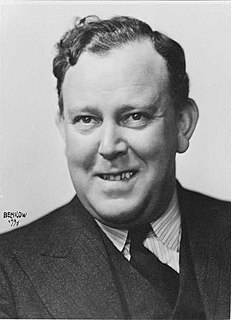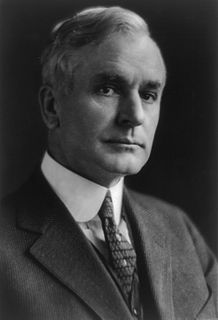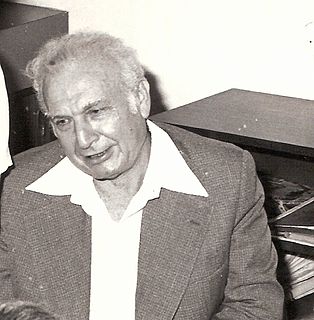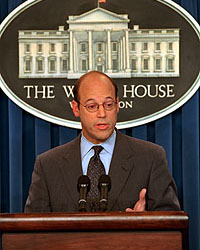A Quote by Trygve Lie
The one common undertaking and universal instrument of the great majority of the human race is the United Nations. A patient, constructive long-term use of its potentialities can bring a real and secure peace to the world.
Related Quotes
I believe that our world needs an instrument of global action as never before in history. I believe that the United Nations is the instrument for securing peace and for giving people everywhere, in poorer countries as in richer, a real stake in that peace by promoting development and encouraging cooperation. But the United Nations is only an instrument, an actor in need of props and cues from its directors, And so I will paraphrase Winston Churchill: Give us the tools-the trust, the authority and the means-and we will do the job.
I am firmly convinced that in the world of today all nations will be forced to the conclusion that cooperation for law, justice, and peace is the only alternative to a constant race in armaments-including atomic armaments-and to other disruptive practices that will bring the nations participating in them on either side to a common ruin, the equivalent of universal suicide.
The United Nations exists not merely to preserve the peace but also to make change - even radical change - possible without violent upheaval. The United Nations has no vested interest in the status quo. It seeks a more secure world, a better world, a world of progress for all peoples. In the dynamic world society which is the objective of the United Nations, all peoples must have equality and equal rights.
I have come to understand that if we hope to build a better world, we must be guided by the universal human values that emphasize the kinship of the human race - the sanctity of human life and freedom, peace between nations, honesty and truthfulness, regard for the rights of others, and love of one's fellows.
Believing that war is contrary to the will of God and to common sense, and feeling that the way of peace is the way of love, I shall work for peace by using the way of love myself, by helping any group I am part of to use it, by helping the nation of which I am a citizen to use it, by helping the United Nations to use it, and by praying that the way of love be used all over the world.
The solidarity which binds all men together as members of a common family makes it impossible for wealthy nations to look with indifference upon the hunger, misery and poverty of other nations whose citizens are unable to enjoy even elementary human rights. The nations of the world are becoming more and more dependent on one another and it will not be possible to preserve a lasting peace so long as glaring economic and social imbalances persist.
The attack upon Korea was an outright breach of the peace and a violation of the Charter of the United Nations. By their actions in Korea, Communist leaders have demonstrated their contempt for the basic moral principles on which the United Nations is founded. This is a direct challenge to the efforts of the free nations to build the kind of world in which men can live in freedom and peace.
But the right is more precious than peace, and we shall fight for the things which we have always carried nearest our hearts--for democracy, for the right of those who submit to authority to have a voice in their own Governments, for the rights and liberties of small nations, for a universal dominion of right by such a concert of free peoples as shall bring peace and safety to all nations and make the world itself at last free.
The world cannot live at peace without the United Nations. For this reason: it creates a reasonable guarantee that all this change in the world, these tremendous political and economic developments, can be channelized, kept orderly. The United Nations is a mold that keeps the hot metal from spilling over.
Something that's of common interest to every man, woman and child on the planet must surely be the notion of 'Peace'. Without 'Peace' we cannot survive. Valentine's Day is on the 14 February. Christmas Day is on the 25 December. Peace Day has been established by the United Nations on the 21 September, and the whole world is invited to participate.


































